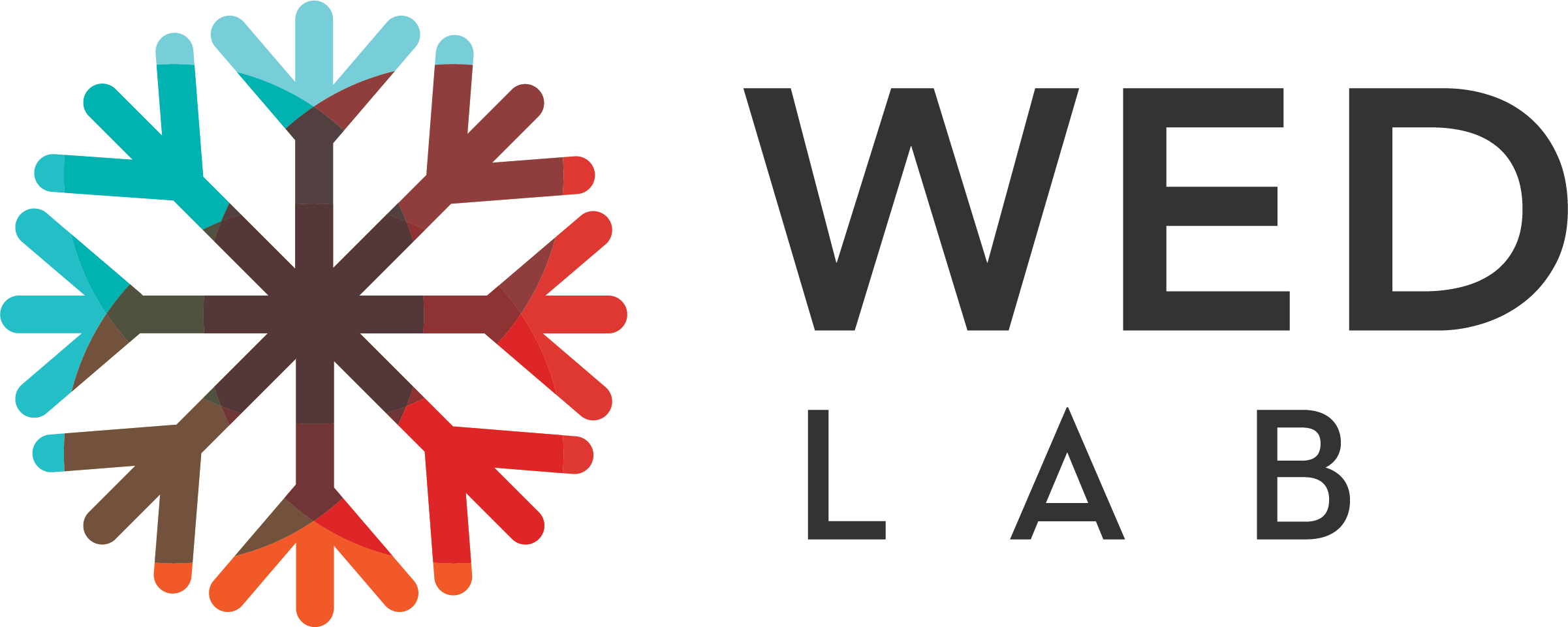Using a gender lens to address COVID-19 response in Refugee Settings
Webinar Video
- Title: Using a gender lens to address COVID19 response in Refugee Settings
- Date: Tuesday, August 04, 2020
- Time: 10:00 AM – 11:30 AM (EDT)
- Duration: 1.5 Hours
Related Materials
Overview:
COVID-19 has become an unprecedented global crisis. The pandemic and its associated economic crisis have exposed deep structural inequalities around the world, with disproportionate effects on women and girls. This webinar will discuss current issues around COVID-19 and refugee settings. A diverse panel of experts from the worlds of international development research and practice will discuss research priorities and possible policy solutions for refugees.
This is the seventh event in a series of research-to-practice Webinar on the gender dimensions of COVID19 organized by the Women’s Empowerment in Development (WED) Lab at McGill in partnership with the Institute for the Study of International Development and made possible thanks to funding from the Growth and Economic Opportunities for Women (GrOW 2) program, a multi-funder initiative by the Bill & Melinda Gates Foundation, the William and Flora Hewlett Foundation and Canada’s International Development Research Centre.
Description:
By the end of July 2020, health actors had confirmed more than 16.5 million cases of COVID-19, including more than 653,000 deaths in 213 countries around the world. While these figures are high, they do not adequately depict the gravity of the pandemic. As a result of restricting movement, halting travel, closing business, and disrupting global supply chains, COVID-19 has affected every aspect of human life.
As with other pandemics in recent history, women are particularly vulnerable. COVID-19 has further aggravated structural inequalities that systematically disadvantage women. Given the current challenges, it is important to focus attention on the gender dimensions of COVID-19 and its impact on refugee settings. While refugees are not inherently more susceptible to COVID-19, the conditions in which many refugees live and their difficulty in accessing basic health services leave them highly vulnerable.
Featuring:
- Rachel Kiddell-Monroe (MSF)
- Jane Linekar (Mixed Migration Centre)
- Celina de Sola (Glasswing)
- Stephanie McBride (WUSC)
